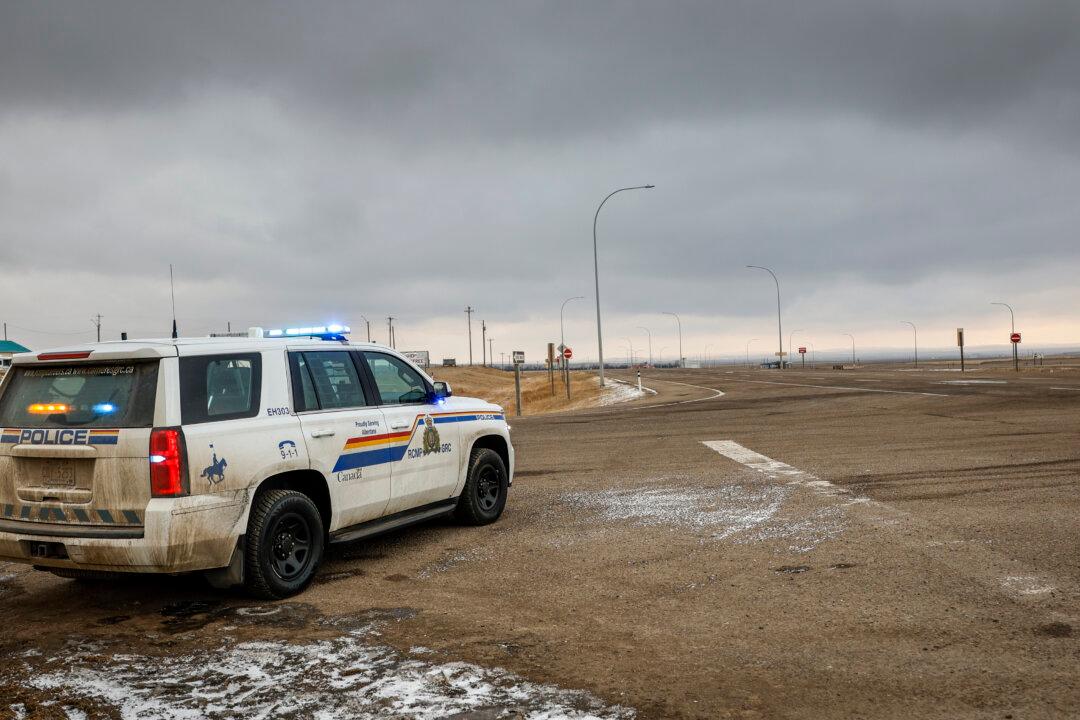The Alberta government is prepared to give the city of Grande Prairie $9.7 million over two years to create and fund its own community-led municipal police force in the upcoming budget, if the city decides to move forward with a local policing option.
In a Feb. 22 news release, the province said Budget 2023 would allow Grande Prairie, and other municipalities who are interested, to access money to offset start-up costs such as equipment, uniforms, vehicles, and information technology.





